Apples: Amateur Hybridization - Any success?
megamav
11 years ago
Related Stories

FURNITURE10 Secrets of Successful Secondhand Furniture Shopping
Design professionals offer tips on how, where and what to buy
Full Story
INSIDE HOUZZTell Us Your Houzz Success Story
Have you used the site to connect with professionals, browse photos and more to make your project run smoother? We want to hear your story
Full Story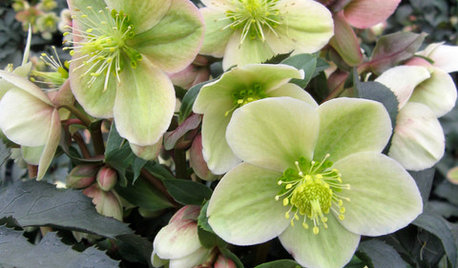
WINTER GARDENINGGreat Design Plant: Gold Collection Hellebores Perform Like Stars
Exciting colors, longer bloom times, forward-facing flowers ... These hybrids leave old hellebores in the dust
Full Story
ARCHITECTUREWhy Authenticity in Architecture Matters
Is your home's exterior making a promise it doesn't keep? Learn why integrity and consistency are essential for architectural success
Full Story
BEDROOMSHow to Choose the Perfect Bedsheets
Don't lose any shut-eye over scratchy or ill-fitting sheets; our mini guide to materials, thread count and fit will help you sleep tight
Full Story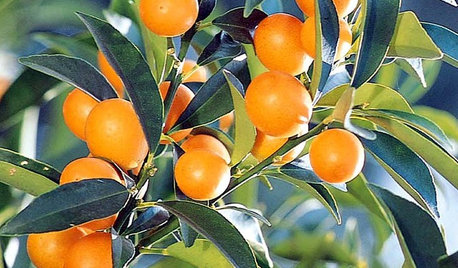
GARDENING GUIDESGreat Design Plant: Kumquats for a Juiced-Up Winter
Grow it for the edible fruit or its good looks alone. This citrus cousin will brighten any gray winter day
Full Story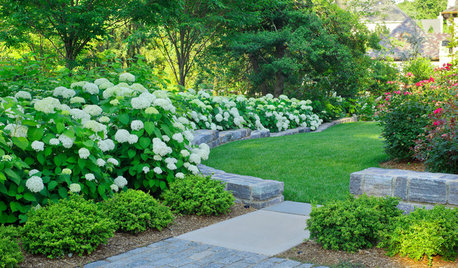
FLOWERS AND PLANTS10 Essential Shrubs for Mid-Atlantic Gardens
Easy-to-grow mid-Atlantic native shrubs celebrate the character of the region
Full Story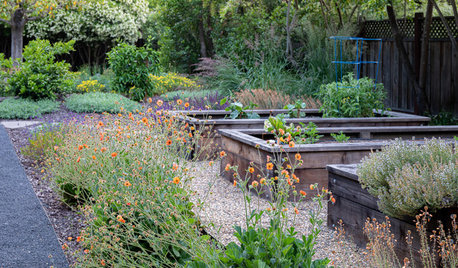
GARDENING GUIDESEssential Watering Tips for Your Edible Garden
To give your edible plants just what they need, check out these guidelines for how, when and how much to water
Full Story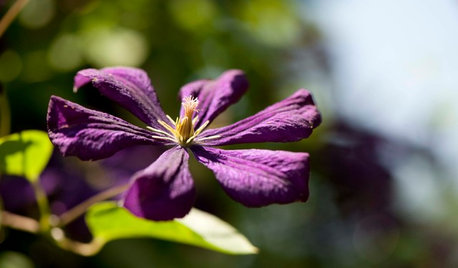
GARDENING GUIDESSoutheast Gardener's March Checklist
Start fresh by envisioning new plant combinations as you tend to fruit trees and rosebushes — and watch out for those darned voles
Full Story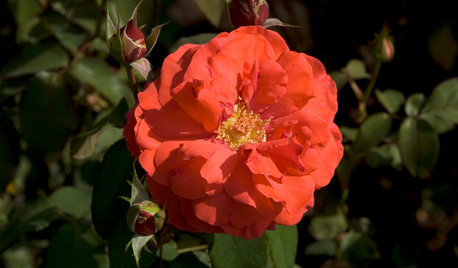
GARDENING GUIDES6 Captivating Roses for an Alluringly Fragrant Garden
Perfume your garden with aromas from richly spicy to lightly sweet, without sacrificing an inch of color
Full Story





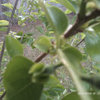
steve_in_los_osos
megamavOriginal Author
Related Professionals
West Milford Landscape Architects & Landscape Designers · Deer Park Landscape Architects & Landscape Designers · Grand Haven Landscape Architects & Landscape Designers · Marco Island Landscape Architects & Landscape Designers · Williamsburg Landscape Contractors · Blue Springs Landscape Contractors · Cincinnati Landscape Contractors · Doctor Phillips Landscape Contractors · East Lake-Orient Park Landscape Contractors · Forest Hills Landscape Contractors · Mashpee Landscape Contractors · Miller Place Landscape Contractors · Southbury Landscape Contractors · View Park-Windsor Hills Landscape Contractors · Vadnais Heights Landscape Contractorscanadianplant
megamavOriginal Author
bob_z6
Scott F Smith
olpea
marknmt